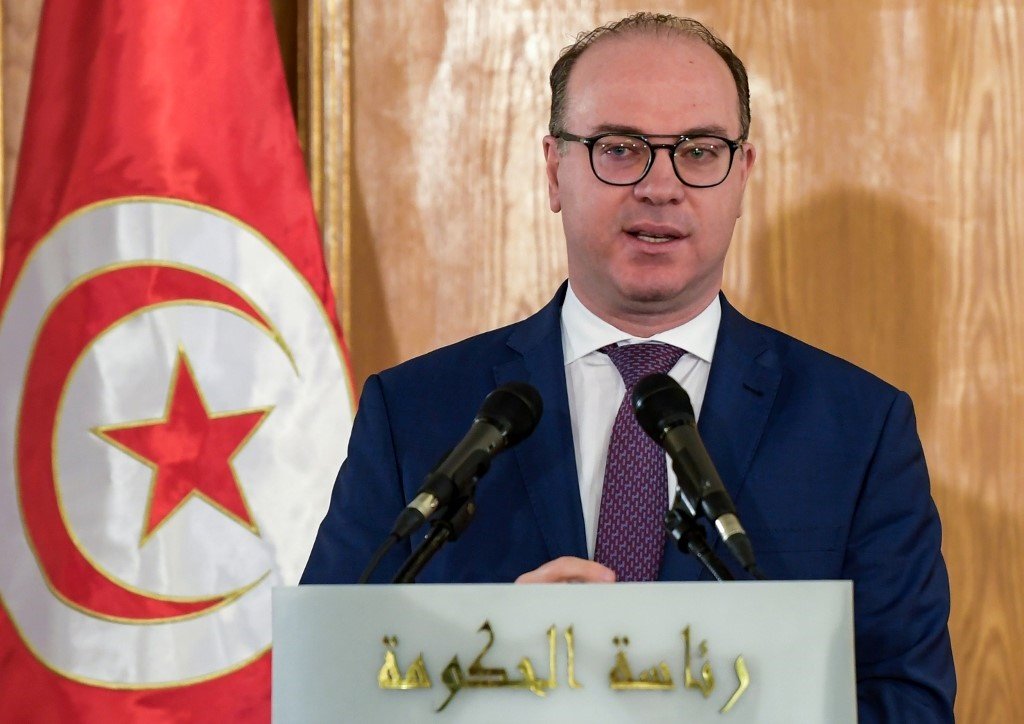

Tunisia’s parliament on Saturday gave the prime minister special powers for two months to allow for the accelerated adoption of measures to combat the spread of the novel coronavirus.
Prime Minister Elyes Fakhfakh will be able to issue decrees without referring to the legislature in an effort to battle the pandemic in the North African country, according to a text adopted by parliament.
The decision was passed by 178 members of the 217-strong parliament during a plenary session, part of which was conducted by video-conference.
“It was necessary because the executive power must take the reins quickly to amend the law on finance for example, or modify penal procedures in order to enforce the lockdown,” said Nessryne Jelalia, head of the Al Bawsala NGO, which monitors parliamentary decisions.
“One must see however if the measure (taken by the premier) will be proportional and necessary,” she said.
The move comes as the government has imposed a series of tough measures to curb the novel coronavirus spread since early March, when the first case emerged in the country.
Tunisia has been under a night-time curfew since March 17 and authorities imposed stricter lockdown orders on March 22 that will remain in place until April 19.
Covid-19 has claimed 19 lives in Tunisia so far among 553 confirmed cases of the disease.
READ | Media watchdog says Algeria using virus to ‘settle scores’
Saturday’s decision was based on Article 17 of Tunisia’s constitution, which allows parliament to delegate powers to the head of government for a period of time that does not exceed two months.
The leftist Democratic Current party, which holds 22 seats in the parliament, said in a statement that activating the article “aims at granting the government the necessary flexibility to put in place mechanisms to confront the spread of the coronavirus”.
Lawmakers had initially agreed to limit the special powers to one month before voting to allow the prime minister a free hand for the full two months.
The text adopted Saturday states that when the two months are up, the decrees issued by the prime minister would be submitted to parliament for ratification.
READ | Ethiopia races to bolster ventilator stockpile for coronavirus fight
In February, Fakhfakh, a former finance minister, was sworn in after winning a parliamentary vote of confidence that ended four months of post-election deadlock amid political wrangling.
An initial line-up put forward by the prime minister had been rejected by the Islamist-inspired Ennahdha party, which won the most seats in October’s legislative election but fell short of a parliamentary majority.
At his confirmation in February, Fakhfakh said his priorities would be to fight criminality, “terrorism” and boost the economy in Tunisia where unemployment and the cost of living is high.
